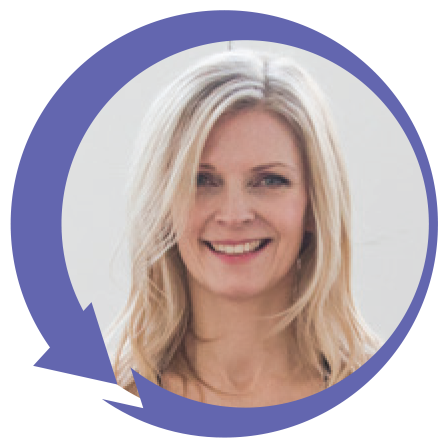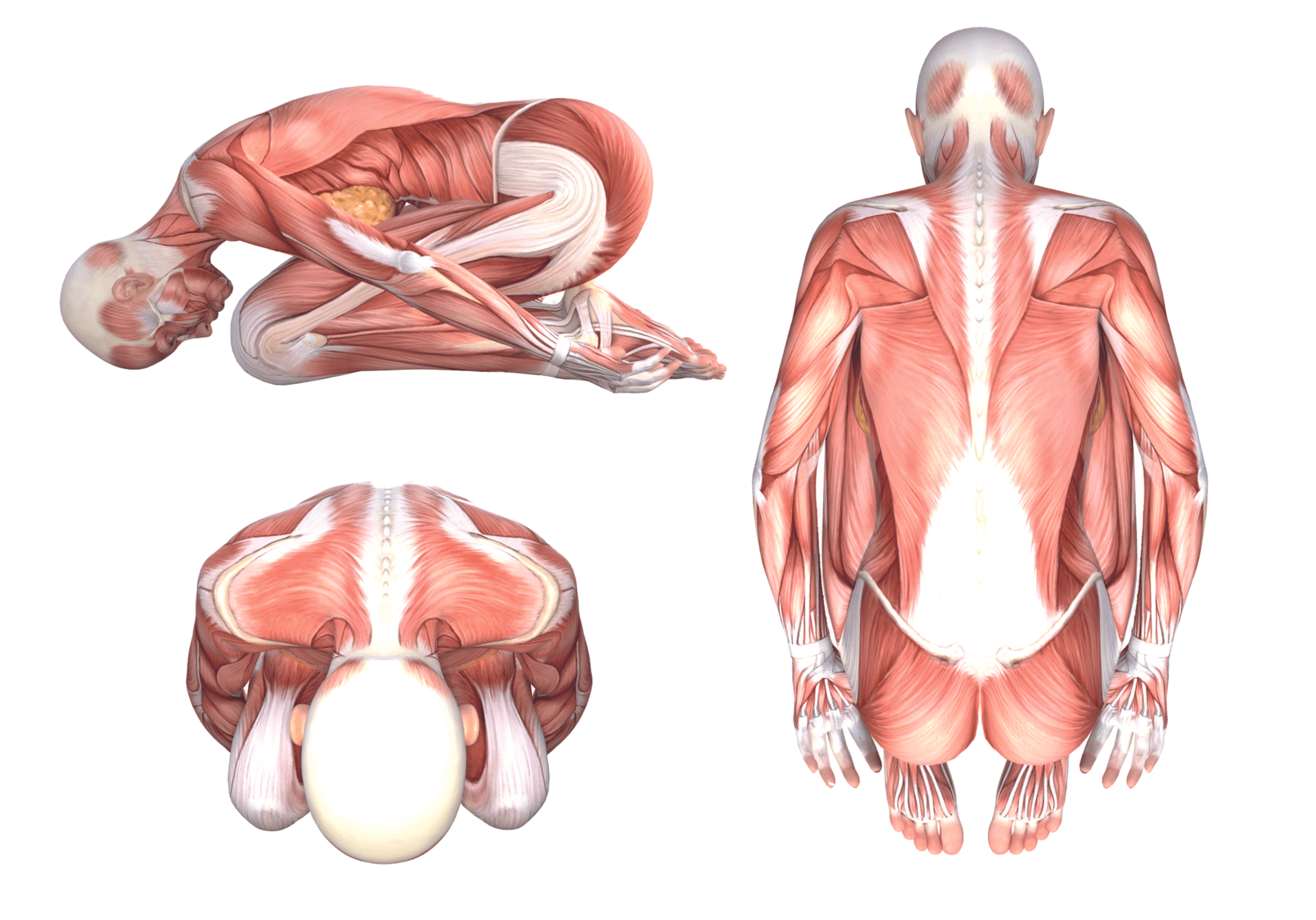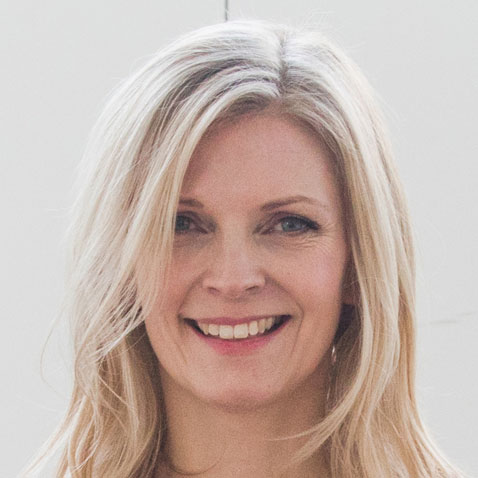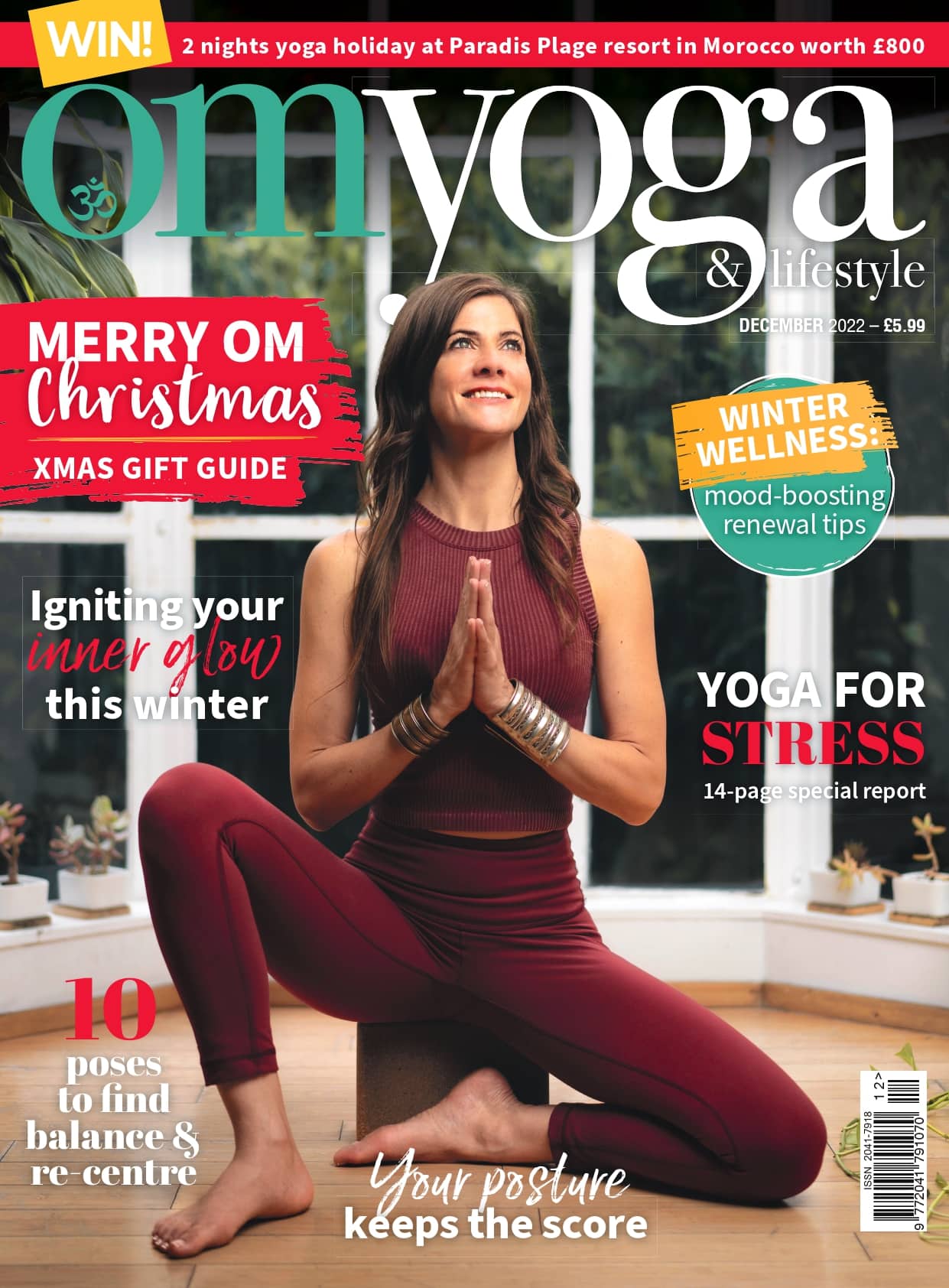
A 360º overview of...
Child’s Pose (Balasana)
With Dr Kiki Morriss
Yoga Anatomy Childs Pose
This month we look at yoga anatomy Childs Pose, a restorative pose that will give you the opportunity to slow down following the Sun Salutation and standing poses we have looked at this year. Practicing Child’s Pose during the festive season is a wonderful way to look after yourself, and to remember the importance of rest during this busy time of year. It’s a chance to stop, reassess what you’re doing, reconnect with your breath, and prepare to move forwards again.
MOVING INTO THE POSE
- From a kneeling position, lower your bottom to your heels.
- Rest your chest and abdomen on your thighs.
- Rest your arms by your sides.
- Rest your forehead on your mat.
HANDS, ARMS & SHOULDERS
- Internally rotate your shoulders.
- Use the lower third of your trapezius to soften your shoulders away from your ears.
- Rest your arms close to the sides of your body.
- Turn your palms to face the sky.
- Allow your fingers and thumbs to curl naturally.
HIPS, LEGS & FEET
- Flex your hips and your knees.
- Place your knees and feet together.
- Rest the tops of your feet on your mat.
CHEST
- Broaden across your chest and your upper back.
HEAD
- Rest your head on your mat.
BACK
- Relax your erector spinae and quadratus lumborum muscles.
- Lengthen along your spine to the back of your neck.
BREATH
- Be aware of your back moving as you breathe in and out. The lower lobes of your lungs are situated in your back. They are the part of your lungs that have the greatest concentration of capillaries, and therefore where the greatest exchange of oxygen and carbon dioxide takes place.
- When you feel your back moving with each inhale and exhale, you are optimising the oxygenation of your blood.
- The lower lobes of your lungs are the most common sites of infection within your lungs. By optimising the movement of your back muscles when you breathe and the oxygenation of your lower lobes, you are helping to prevent lung infections both now and throughout your life.
BENEFITS
- Gently stretches your back, hips, legs & ankles.
- Relaxes and restores your body.
- Quietens and focuses your mind.
- Encourages awareness of and use of your back muscles to optimise deep breathing and oxygenation of your blood.
- In turn this helps to prevent infection of the lower lobes of your lungs.
CONTRAINDICATIONS
- Avoid Child’s pose if you have a knee injury.
- Practice with caution if you have issues with your neck, back, hips and ankles.
MODIFICATIONS
- There are a variety of arm variations:
1. Reach your arms in front of you and rest them on your mat with your palms facing down or up.
2. Place your hands on your lower back and feel the movement of this part of your body as you breathe in and out. - If it is uncomfortable to place your forehead on your mat, there are various options available:
1. Make a cushion for your forehead with your hands.
2. Make fists with your hands, stack them one on top of the other and rest your forehead on the upper fist.
3. Rest your elbows on the ground, cup your hands and rest your forehead in the palms of your hands.
4. Place your forehead on a yoga block, bolster or cushion. - If Child’s Pose is uncomfortable, try placing a cushion or blanket between your thighs and lower legs.
- Separate your knees to make space for your upper body. Reach your arms in front of you and rest them on your mat with your palms facing down or up. This modification is good when you are pregnant, as it allows you to make space for your belly.
“Your body is the child of the soul. You must nourish and train that child”
— B.K.S. Iyengar







